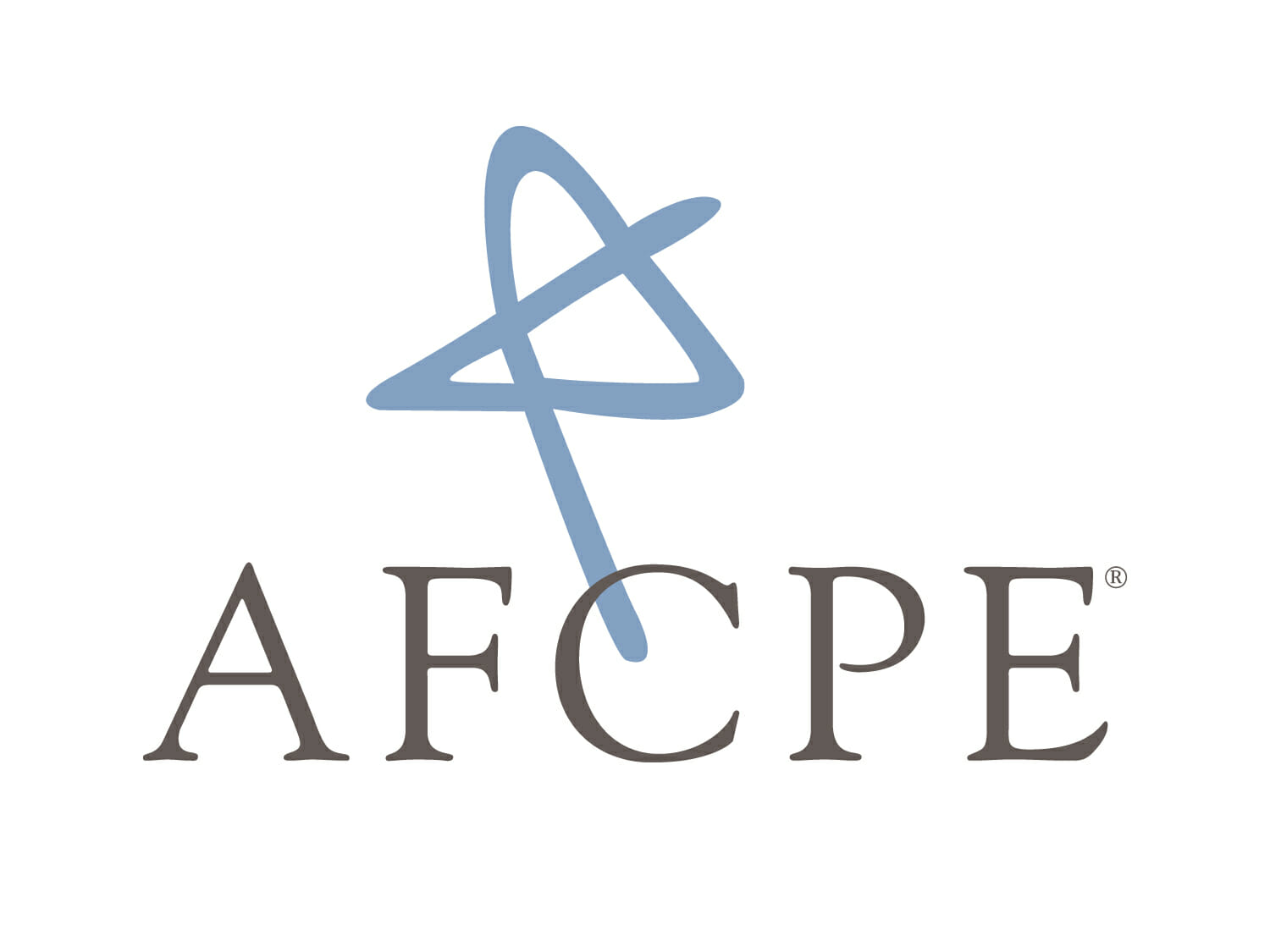Part 2: MONEY, DEBT, AND THE LAW 101
Read Part 1: A Snapshot View of Consumer Debt
Last week we looked at some of the factors that are driving the growth in the debt collection industry and the aggressive nature of that industry, particularly in respect to third-party debt-buyers and consumer debt. Consumer debt is at an all-time high, and the number of households that have fallen behind in timely payment of these debts continues to grow exponentially. Unfortunately, most consumers who are behind on debt payments are unlikely to seek help or information from financial professionals, even though this is the population who would benefit the most from this kind of help.
This week, we are going to look at some basic legal rights in a debt collection case. We will start by acknowledging a typical consumer’s first concern when she falls into arrears on her consumer debt payments, and that is: can they take my money? People who have overspent or have fallen out of balance with their income and consumer accounts generally have one primary concern, and that is:
“If I don’t pay, or can’t pay, or won’t pay, what are the legal and financial consequences for my household? Can they freeze my bank accounts or garnish my paycheck?”
You can hear these debtors’ thinking: “I need that money to live on! I’m barely making it as it is!”
The simple answer is, yes; debt collectors can take your money, but not without following some important procedural protections that are required by law. Those protections are known as “notice,” and “an opportunity to be heard.” A debt collector cannot use self-help to freeze someone’s bank account or start taking money out of someone’s paycheck. They must use legitimate legal processes and follow all sorts of statutory guidelines before they can get to someone’s bank account or paycheck. As you can imagine, creditors have a great incentive to short-circuit the procedures required by law. Moreover, that’s where a consumer’s knowledge of his or her rights and responsibilities under the law is of the utmost importance.
However, where are consumers to learn about their rights and responsibilities? There is no constitutional right to legal representation in consumer debt cases. Though there are legal clinics that offer guidance in this area, finding legal guidance can often be tricky. Resources vary from community to community. Often, there is no umbrella nonprofit organization or government agency to spearhead the delivery of these services. This leaves many consumers to their own devices when charting a course through their legal difficulties with unpaid debts. In the end, a consumer has to be his or her own best advocate when an account falls into the hands of a debt collector.
That is where a knowledgeable financial professional can make all of the difference. Although financial professionals cannot provide legal advice unless they also happen to be licensed attorneys, they can serve as “first-responders” in these types of distressing situations. If and when they are given the opportunity to connect with this population, it is important for financial professionals to have enough basic information about how the legal system works in debt collection cases. Just knowing that a client is entitled to receive notice when a debt collector is going to court to collect on their account can be enough information to empower a disenfranchised, unrepresented client, and begin to shift the uneven playing field in a debt collection case.
If you have a client who is being sued by a debt collector, the first questions you might encourage them to ask are:
- “when did you learn about the lawsuit?”
- “how did you learn about it?”
If they haven’t received proper notice that a case was started, or only learned of the matter through a garnishment order or a frozen bank account, the garnishment order can probably be blocked and the freeze order lifted from their account. However, these actions can only occur if your client acts quickly and goes to court to ask for the case to be reopened.
Once a debt collection case is properly before the court, your client has a right to go before the judge and tell her story. If your client first learns of a debt collection lawsuit through notice of a garnished paycheck or a frozen bank account, chances are that your client hasn’t had the opportunity to go to court and tell her side of the story to a judge. This presents a classic situation in which your client may have the right to challenge the proceedings and reopen the underlying lawsuit.
Obviously, these are not simple legal matters, and the solutions are not simple solutions. But consider the alternative: taking no action, going about uninformed about risks and outcomes, and letting the chips fall where they may in a debt collection case. The consequences can be disastrous and far-reaching.
Financial professionals who have some basic information about court procedures can provide motivation and support as clients navigate their way through these treacherous waters.
Next week we’ll look at some best and worst-case scenarios in debt collection cases when they get to court.
Guest Contributor: Marcy Einhorn, Esq.
Marcy will host AFCPE’s FPA Connect Webinar on Thursday, June 18, 2015. Her 3 part series on Money, Debt & the Law will be posted each Thursday leading up to this event.

Leave a Reply